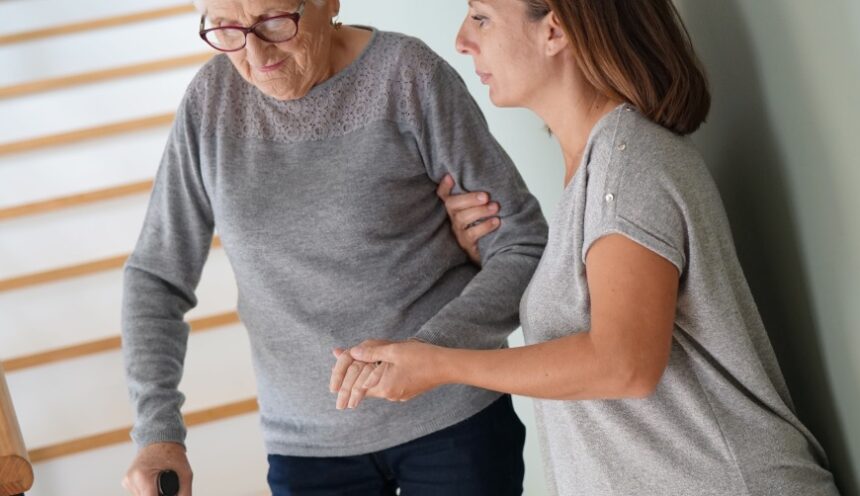by Thomas Haus, M.D., Family Medicine
When you realize you don’t feel well after getting the COVID-19 vaccine, tell yourself, “This is a good and healthy response!” Changing your mindset may help get you through a few days of pain and discomfort.
Vaccines, including the vaccine created to protect against COVID-19, work by making the body think it has a virus. Your immune system reacts by developing antibodies to help you fight off the infection in the future. This is your body’s natural response in creating a defense against the virus. The vaccine does not contain the live virus that causes COVID-19, so it cannot make you sick with COVID-19.
The majority of people will experience some type of mild side effects from the vaccine. The most common side effect is pain and swelling on the arm where you got the shot. Some people will develop a stronger reaction and may include mild fever, fatigue, muscle aches, and headache. These are temporary symptoms of inflammation that are a part of your immune system reaction.
Unless you routinely take medication for a medical condition, avoid taking painkillers that target inflammation before and after getting your COVID-19 vaccine. Ibuprofen (Advil, Motrin, Excedrin, and other brands) might reduce your immune system’s response to the vaccine. Instead, try reducing your pain by applying a clean, cool, wet washcloth on your arm where you got the shot. Using your arm, even exercising it, will help reduce the pain. To minimize discomfort throughout the rest of your body, drink plenty of fluids, more fluids than usual. Dress lightly, be comfortable, and allow your body to rest. If you have a raging headache, consider taking acetaminophen (Tylenol) to help reduce the pain. Acetaminophen does not alter the immune system’s response. Call your doctor if redness or tenderness in the arm increases after a day or if side effects don’t go away after a few days.
Though side effects vary, as more and more people are getting the series of two vaccines, it appears the side effects are stronger after the second vaccination. There is no way to determine what you will experience. Understand it is your body’s natural response not to feel 100% after a vaccine. It is okay and expected. Symptoms should go away within a few days. It takes time and energy for your body to build protection after any vaccination.
The Centers for Disease Control and Prevention (CDC) recommends getting the second vaccine even if you had side effects after the first shot. If you have serious concerns about getting the second shot, contact your healthcare provider to get their advice. In rare cases, they may recommend you not get the second shot. The vaccine produced by Pfizer-BioNTech is given three weeks after your first shot, and the Moderna vaccine is given four weeks after your first shot.
The immunity produced by the vaccine is an essential part of curbing the COVID-19 disease, and experts are continuing to learn more about it. Getting the vaccine to help build protection against the virus versus the risk of severe illness from COVID-19 is safer for most people and will help stop the pandemic.


